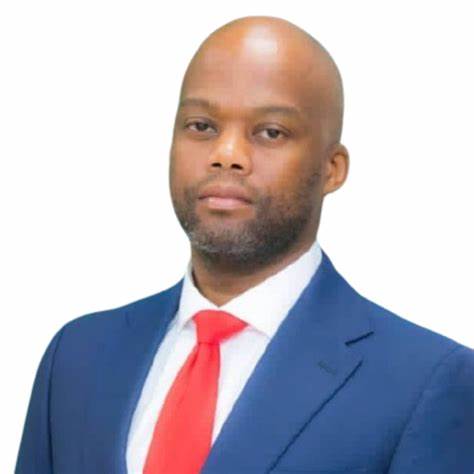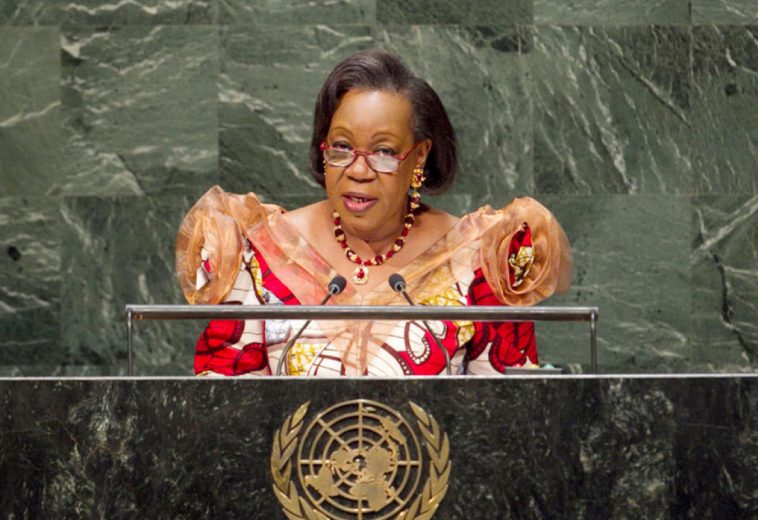African leaders convened at the 37th African Union (AU) Assembly in Addis Ababa, Ethiopia to discuss strategies for intensifying initiatives aimed at improving education in Africa and expediting the fulfillment of the continent’s developmental goals. The event which was held on February 17 and 18, 2024 with the theme “Educate an African fit for the 21st Century” followed a mini-summit focused on exploring strategies to reinvigorate the peace process for the Democratic Republic of the Congo (DRC).
Key speakers included H.E. Moussa Faki Mahamat, H.E. Dr. Abiy Ahmed, Prime Minister Mohammad Shyyyeh, H.E. Luiz Inácio Lula da Silva, H.E. Ahmed Aboul Gheit, and outgoing Chair H.E. Azali Assoumani.
The President of Nigeria, Bola Ahmed Tinubu addressed the 37th ordinary session of the African Union (AU) in Ethiopia on Saturday, emphasizing his administration’s commitment to collaborating with the AU commission and member states to ensure the scheduled launch of the bank in 2028.
He highlighted that Africa’s ability to overcome challenges relies on a resolute commitment, grounded in deep-rooted solidarity, to avoid perpetuating existing issues and creating new ones. Tinubu attributed the continent’s delayed growth to coup-birthed autocracies and harmful manipulation of constitutional tenure provisions.
Acknowledging external challenges like climate change and unfair global trade patterns, Tinubu stressed the need for Africans to address internal issues, such as coup-driven autocracies and constitutional tinkering, which he referred to as self-inflicted developmental cancers.
Addressing recent military coups in Guinea, Burkina Faso, Mali, and Niger, Tinubu emphasized the importance of maintaining regional solidarity within the Economic Community of West Africa States (ECOWAS). He urged that disagreements over unconstitutional government changes should not lead to a permanent rupture of regional ties.
Highlighting the significance of a peaceful, strong, and united West Africa, Tinubu emphasized the shared history, culture, commerce, geography, and brotherhood that binds the region. He called for a new era of trust and accord, declaring Nigeria and ECOWAS ready to engage in sincere discussions with others at the table.
President Assoumani highlighted AU achievements, urging peace in the Middle East. Ethiopian Prime Minister Dr. Abiy Ahmed emphasized the importance of regional platforms, praising the AU’s G20 accession. AUC Chairperson Moussa Faki outlined continent challenges, emphasizing the need for unity and Pan-Africanism.
He commended progress in institutional reforms, regional integration, and the AfCFTA. The League of Arab States called for a ceasefire in the Israel-Palestine conflict. President Lula offered support for Africa’s digital transformation, climate priorities, and fostering Brazil-Africa relations.
President William Ruto has advocated for the establishment of the Africa Economic Summit, aiming to map out the continent’s development trajectory. Addressing the 37th Ordinary Session of the Assembly of the African Union in Addis Ababa, Ethiopia, Ruto emphasized that the summit would annually convene stakeholders, including international friends, nations from various regions, corporations, and philanthropists, to share their perspectives.
In his role as the African Union Champion for Institutional Reforms, Ruto highlighted the significance of holding the summit within the continent to streamline development discussions. He expressed the view that conducting such deliberations at home would eliminate the need to travel to different capitals for development talks.
President Ruto underscored the urgency of reforming the global financial system, asserting that it is a critical agenda for Africa and the entire Global South. He emphasized that Africa seeks fairness rather than special treatment, especially in light of challenges such as climate change and other global issues.
In his speech, President Paul Kagame reported on the institutional reform of the African Union during the 37th African Union Summit in Addis Ababa on February 17, 2024. He highlighted achievements such as the revitalization of the Peace Fund, with almost $400 million mobilized, leading to increased UN support for African Union peace operations. President Kagame acknowledged progress in making the African Union more effective but emphasized the need for ongoing reforms.
Kagame proposed concluding his mandate in 2016 and suggested a successor for the reform process. President Kagame also addressed challenges, including the need to prioritize the Assembly agenda, clarify the role of the Chairperson, interpret subsidiarity properly, ensure clear rules for legislative bodies, and address resistance to decisions at the Permanent Representatives Committee level. He urged continued commitment to the reform process and expressed gratitude for the trust placed in him.


